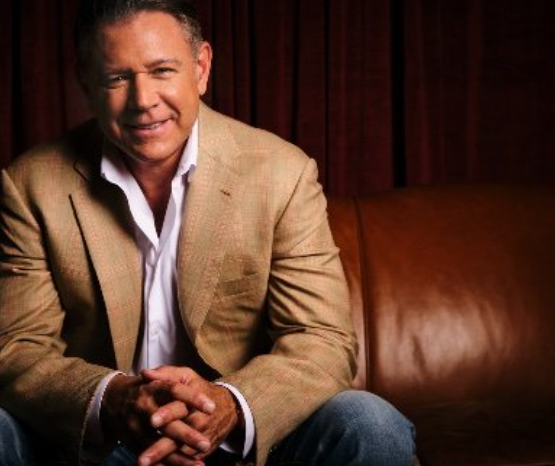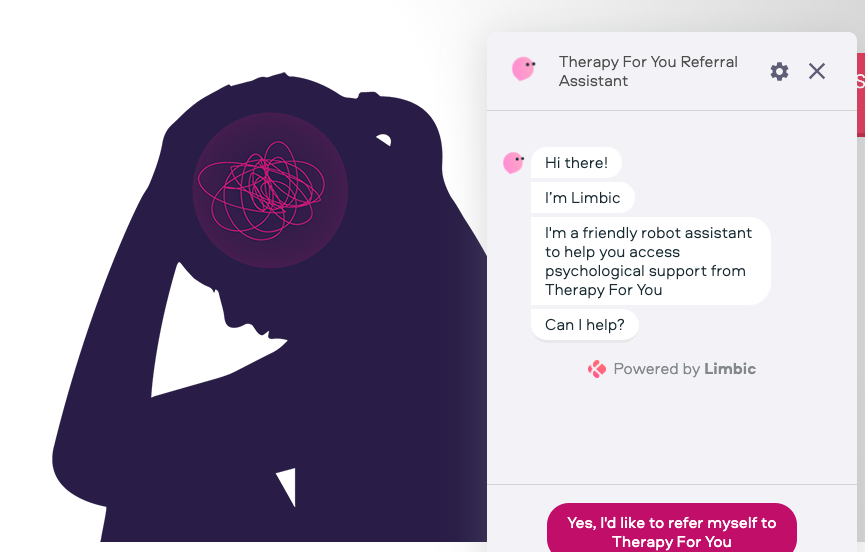The U.S. healthcare system is widely acknowledged to be in need of significant reform. Equality Health CEO and Founder, Hugh Lytle, stresses the critical importance of prioritizing primary care practices and ensuring they receive the necessary resources to thrive.
While primary care doctors and clinicians form the backbone of the healthcare system, serving diverse and underserved populations with visits, treatments, and vaccinations, they often suffer from inadequate funding. Lytle contends that a value-based care, Medicaid-first approach holds the key to safeguarding independent primary care. This approach not only reduces overall healthcare expenditure but also promotes better overall health outcomes.
In a recent op-ed for MedCity News, Lytle highlighted the mounting challenges faced by primary care practices, a situation exacerbated by what he calls a “perfect storm” of pressures. The end of the Covid-19 Public Health Emergency has further burdened primary care practices, and the signing of the omnibus bill puts millions at risk of losing Medicaid coverage.
Looking ahead, Lytle envisions a future where all Medicare payments and most Medicaid payments will be governed by value-based contracts by 2030. This transition necessitates substantial support, including access to cutting-edge technologies, bridging gaps in patient care, identifying and addressing Social Determinants of Health for patients in need, and more.
To successfully navigate this shift to a value-based care model, independent practices require comprehensive assistance and resources to be adequately compensated for the quality care they provide.
Equality Health stands out as a technology-enabled primary care platform tailored to serve diverse and historically underserved populations. The company’s unique focus on a Medicaid-first approach aims to achieve health equity by empowering independent primary care providers to become transformative agents of change.






